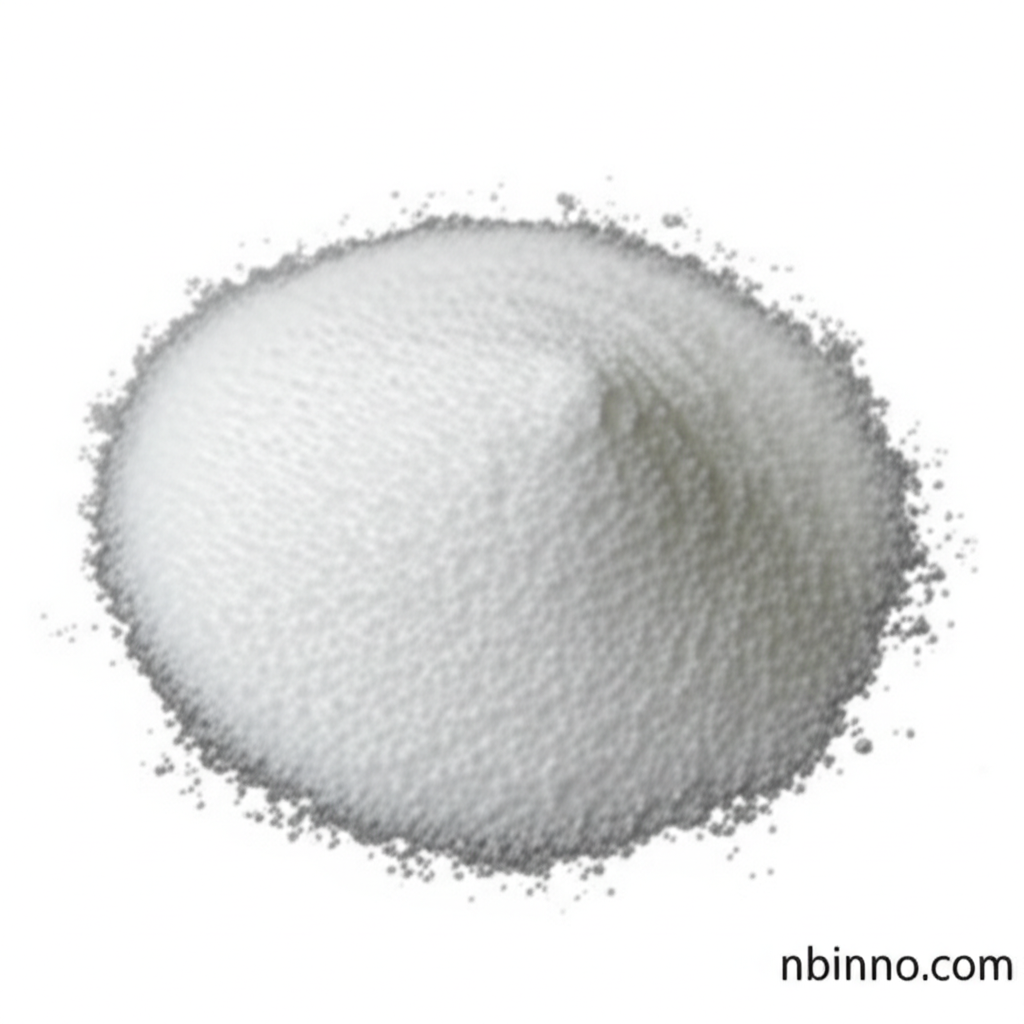2-Acrylamido-2-Methylpropanesulfonic Acid (AMPS) for Advanced Polymer Solutions
Explore the versatile applications and properties of this key sulfonic acid acrylic monomer.
Get a Quote & SampleProduct Core Value

2-Acrylamido-2-Methylpropanesulfonic Acid
This sulfonic acid acrylic monomer, known by its CAS number 15214-89-8, is a highly sought-after building block for creating advanced polymers. Its unique chemical structure, featuring both a sulfonic acid group and an amide functionality, grants it exceptional properties including high thermal and hydrolytic stability, enhanced hydrophilicity, and significant anionic character across a broad pH range. These attributes make it invaluable for modifying a wide array of anionic polymers, leading to superior performance in demanding applications.
- Discover the exceptional thermal and hydrolytic stability of AMPS, crucial for demanding industrial environments.
- Learn how the sulfonic acid group imparts high hydrophilicity and anionic character, vital for advanced polymer functionalities.
- Explore the role of 2-Acrylamido-2-Methylpropanesulfonic Acid in inhibiting divalent cation precipitation, a key benefit in water treatment.
- Understand why AMPS is a preferred monomer for creating high-performance polymers used in critical applications across numerous sectors.
Key Advantages of AMPS Monomer
Enhanced Polymer Properties
As a vital anionic polymer modifier, AMPS significantly elevates the performance characteristics of base polymers, offering solutions for complex industrial challenges.
Broad pH Stability
The inherent nature of AMPS, acting as a sulfonic acid monomer, provides consistent performance and stability across a wide pH spectrum, ensuring reliability in diverse formulations.
Versatile Industrial Applications
From advanced water treatment solutions to critical components in oilfield chemicals and beyond, AMPS proves indispensable in driving innovation.
Key Applications of AMPS
Water Treatment
AMPS is a cornerstone in modern water treatment, effectively inhibiting scale formation and improving dispersant performance, crucial for clean water systems.
Oilfield Operations
In the demanding oilfield chemicals sector, AMPS contributes to enhanced oil recovery, scale inhibition, and fluid loss control under harsh conditions.
Textile Industry
As a key component in textile auxiliaries, AMPS enhances dye receptivity, moisture absorbency, and static resistance in synthetic fibers.
Construction Chemicals
AMPS is utilized in construction chemicals to improve concrete formulations, enhancing strength, workability, and durability.
